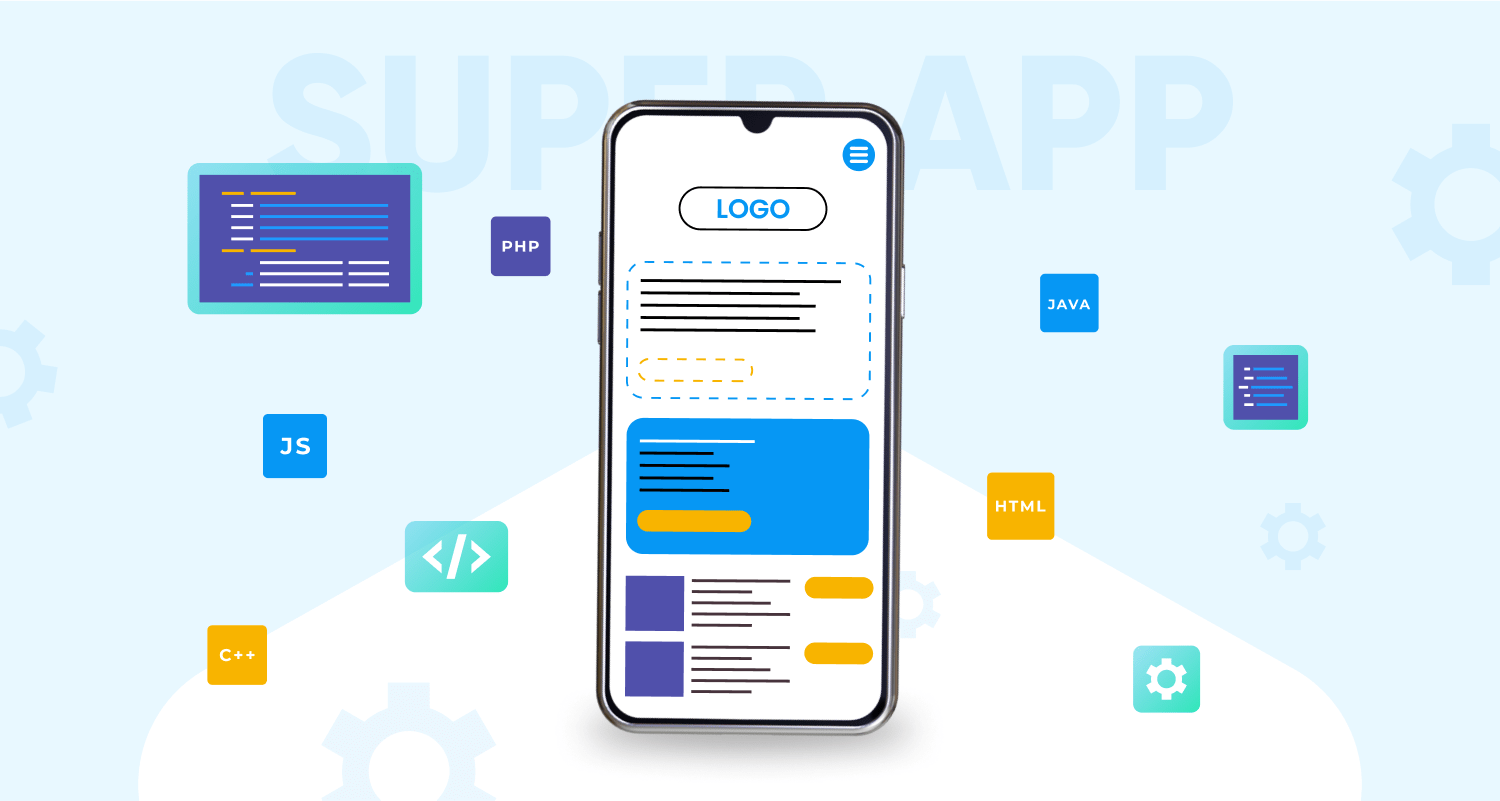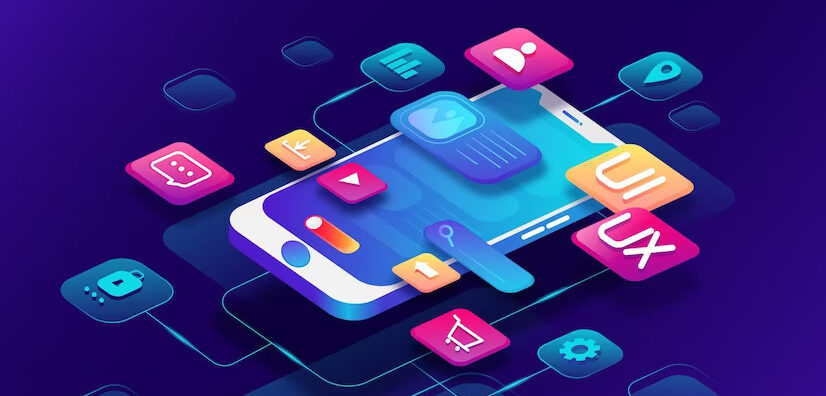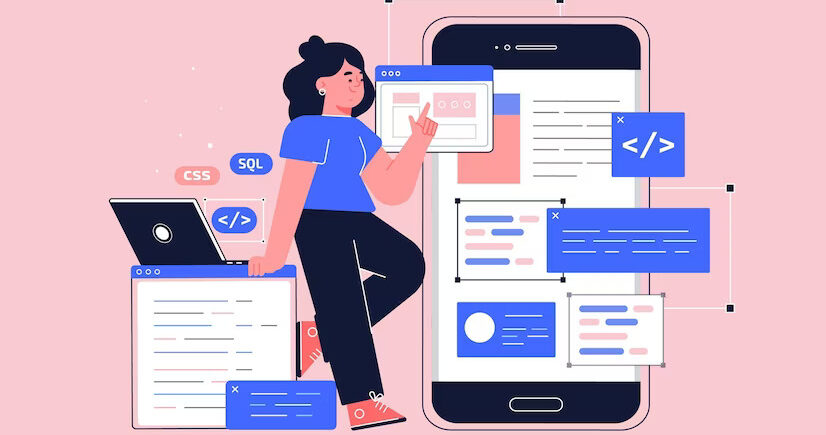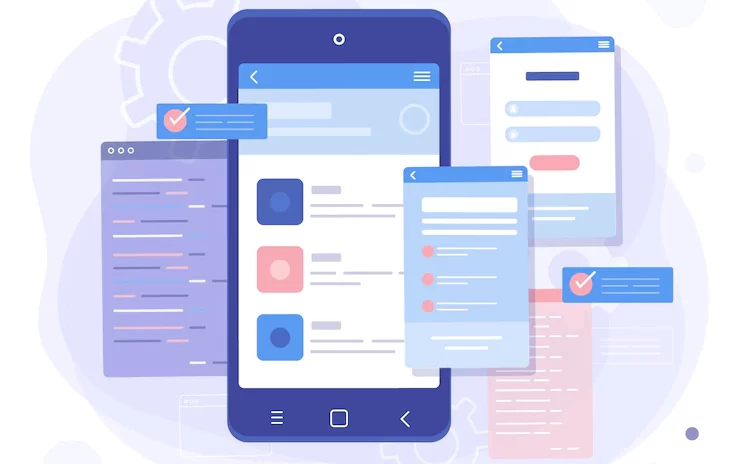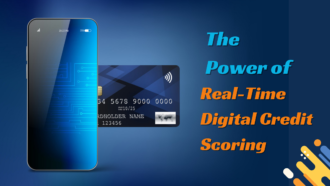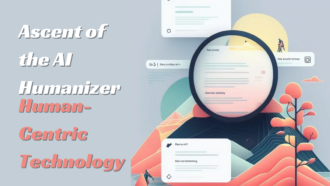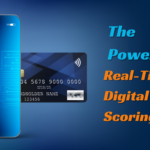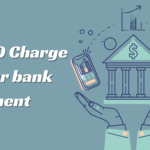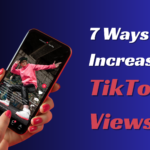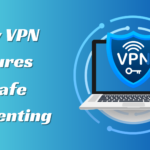Mobile App Development Company in New York: Developing a Restaurant App for Your Business
- 1 What is a Restaurant App?
- 2 What is a Restaurant App For?
- 3 Types of Restaurant Apps
- 3.1 Food Ordering Apps:
- 3.2 Reservation Apps:
- 3.3 Loyalty Apps:
- 3.4 Menu Apps:
- 3.5 Payment Apps:
- 3.6 How Does a Restaurant App Help Businesses?
- 3.7 The Market for Food Delivery App Development
- 3.8 Hire an iOS App Developer from an On-Demand App Development Company
- 4 Why Do You Need a Professional App Developer for Your Food Business?
- 4.1 Technical Expertise and Knowledge
- 4.2 Tailored Features
- 4.3 Optimization for Different Devices and Operating Systems
- 4.4 Ongoing Support and Maintenance
- 5 Best Practices for Restaurant App Development
The food industry has experienced a significant shift towards digitization in recent years, with the emergence of food delivery apps being a game-changer. Restaurant apps enable customers to browse menus, place orders, and make payments for food and beverages through their mobile devices.
In this blog, we will explore what restaurant apps are, what they are for, and how they help businesses. We will also delve into the growing market for food delivery app development and the importance of hiring an on-demand app development company for your business.
If you are also looking for app development nyc, this comprehensive blog has got your back!
What is a Restaurant App?
A restaurant app is a mobile application that enables customers to place orders, track delivery status, and make payments for food and beverages from their favorite restaurants. It provides customers with the convenience of ordering from anywhere, anytime, and can be designed for both iOS and Android devices.
Interestingly, 2022 has witnessed the food industry bagging an $8.66 trillion valuation where 7.8% of the total revenue accounts for online food services via delivery apps, restaurant apps, and more. You can also hire an iOS app developer for ease of your restaurant business.
What is a Restaurant App For?
Restaurant apps offer convenience and efficiency to customers, enabling them to browse menus, customize orders, and track delivery status with ease. Additionally, restaurant apps provide businesses with valuable customer data, which can be used to improve menu offerings, identify popular items, and create targeted marketing campaigns.
Types of Restaurant Apps
An on demand app development company can develop many different types of restaurant apps that can help businesses to enhance their customers’ experience and streamline their operations.
Here are some of the most common types:
Food Ordering Apps:
These apps allow customers to place orders for pickup or delivery from a restaurant’s menu. Customers can customize their orders, choose pickup or delivery options, and pay securely within the app. Examples of popular food ordering apps include UberEats, Grubhub, and DoorDash.
Reservation Apps:
These apps allow customers to make reservations at a restaurant, selecting the date and time, party size, and special requests. Customers can receive confirmations and reminders via the app, and restaurants can manage their reservations and seating arrangements. Examples of popular reservation apps include OpenTable, Yelp Reservations, and Resy.
Loyalty Apps:
These apps reward customers for repeat business, allowing them to earn points or discounts for each purchase. Customers can track their rewards and redeem them within the app, and restaurants can gather data on their customers’ behavior to offer personalized promotions. Examples of popular loyalty apps include Starbucks Rewards, MyPanera, and Dunkin’ Donuts Rewards.
Menu Apps:
These apps allow customers to browse a restaurant’s menu, view nutritional information, and filter by dietary restrictions or preferences. Customers can save their favorite dishes, leave reviews, and share their experiences on social media.
Restaurants can update their menus and specials in real-time and track customer feedback. Examples of popular menu apps include Yelp, Zomato, and AllergyEats.
Payment Apps:
These apps allow customers to pay for their orders directly within the app, without the need for cash or credit cards. Customers can securely store their payment information, split bills with friends, and receive receipts electronically.
Restaurants can save time and reduce errors by automating their payment processes. Examples of popular payment apps include Square, PayPal, and Venmo.
How Does a Restaurant App Help Businesses?
On demand app development company offers several benefits to businesses, including increased visibility, improved customer engagement, enhanced efficiency, and data collection and analysis.
With a restaurant app, businesses can reach a broader audience, engage with their customers more effectively, streamline the ordering process, and obtain valuable data on customer behavior and preferences.
The Market for Food Delivery App Development
The food delivery app market has experienced significant growth in recent years. According to a report by ResearchAndMarkets, the global online food delivery market was valued at $107.4 billion in 2019 and is expected to grow at a CAGR of 11.5% from 2020 to 2027.
Furthermore, the COVID-19 pandemic has accelerated the adoption of food delivery apps, as more people have turned to online ordering for safety and convenience.
Hire an iOS App Developer from an On-Demand App Development Company
Developing a restaurant app requires technical expertise and knowledge, and it is crucial to work with a reputable on-demand app development company. A mobile app development company in New York can provide businesses with experienced iOS app developers who have the expertise needed to create a high-quality app.
By working with an on-demand app development company, businesses can ensure that their app meets the specific needs of their customers and their business.
Why Do You Need a Professional App Developer for Your Food Business?
Developing a restaurant app can be challenging, and it’s crucial to work with a professional app developer who can help you design a high-quality app that meets the specific needs of your business and customers. Here are some reasons why:
Technical Expertise and Knowledge
- Developing a restaurant app requires technical expertise and knowledge that can be challenging for businesses to achieve in-house.
- A professional app developer understands the intricacies of developing a restaurant app that is functional, user-friendly, and optimized for performance.
Tailored Features
- A professional app developer can advise on the best features to include, such as order customization, real-time order tracking, and secure payment options, that enhance the customer experience and streamline the ordering process.
- They can design an app that is tailored to the specific needs of your business and your customers.
Optimization for Different Devices and Operating Systems
- A professional app developer can ensure that the app is optimized for different devices and operating systems, ensuring that customers can use the app on their preferred devices.
- They can also ensure that the app is compliant with the latest security standards, protecting sensitive customer data from potential security breaches.
Ongoing Support and Maintenance
- A professional app developer can provide ongoing support and maintenance to ensure that the app remains up-to-date and continues to meet the evolving needs of your business and its customers.
- This ensures that your app is of high quality, meets the specific needs of your customers, and ultimately helps to grow your business.
Best Practices for Restaurant App Development
Developing a restaurant app requires careful planning and execution to ensure that it meets the needs of both customers and businesses. Here are some best practices that businesses should follow when developing a restaurant app:
Keep it Simple:
A restaurant app should be easy to use and navigate, with a simple and intuitive interface. Avoid cluttering the app with too many features or options that can overwhelm customers or slow down the app’s performance.
Focus on Usability:
A restaurant app should be designed with usability in mind, meaning that it should be easy for customers to perform common tasks such as ordering food or making a reservation. Use clear and concise language, avoid jargon or technical terms, and provide clear instructions and feedback.
Optimize for Different Devices:
A restaurant app should be optimized to work on different devices, including smartphones, tablets, and desktop computers. Ensure that the app is responsive and adapts to different screen sizes and resolutions, and that it loads quickly and efficiently.
Provide Secure Payment Options:
A restaurant app should provide secure payment options that protect customers’ personal and financial information. Use encryption and other security measures to prevent fraud or data breaches, and ensure that the app complies with relevant regulations and standards.
Test and Iterate:
A restaurant app should be tested thoroughly before launch, including user testing, performance testing, and security testing. Collect feedback from users and iterate on the app based on their feedback and analytics data. Continuously monitor the app’s performance and make updates and improvements as needed.
Offer Personalized Experiences:
A restaurant app should offer personalized experiences that cater to customers’ preferences and behaviors. Use data analytics and machine learning to gather insights on customers’ past orders, preferences, and feedback, and use this information to offer personalized recommendations, promotions, and rewards.
A restaurant app can be a powerful tool for businesses looking to enhance the customer experience and streamline their operations. From ordering and payment processing to loyalty programs and personalized promotions, a well-designed restaurant app can provide numerous benefits for both businesses and customers.

